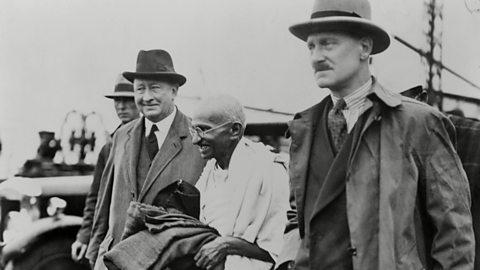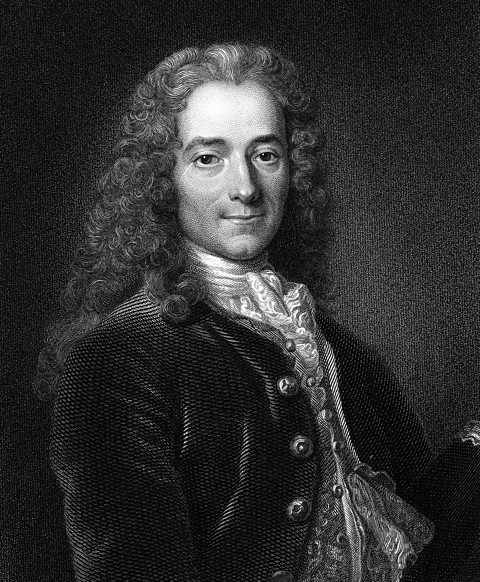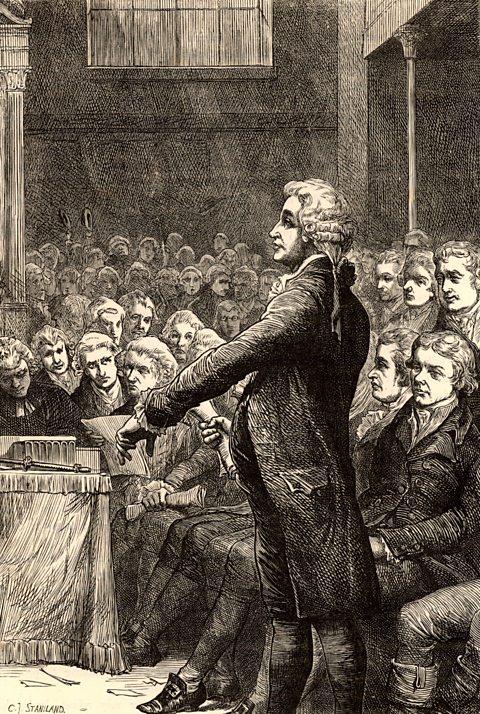
The problem is that there’s no record of him ever actually saying or writing it. The nearest thing he did say was published in 1913 in the newspaper Indian Opinion (which he had founded): “We but mirror the world. All the tendencies present in the outer world are to be found in the world of our body. If we could change ourselves, the tendencies in the world would also change.”

“I disapprove of what you say, but I will defend to the death your right to say it.” – Voltaire
This quotation, supposedly by French writer and philosopher Voltaire, is often cited by free speech advocates. In a nutshell, it’s saying that if you believe strongly in people’s right to express what they believe in, you will defend it even when they’re saying something you really don’t want to hear, or find offensive.
Voltaire, who lived between 1694 and 1778, certainly believed in free speech. Much of his writing attacked the Catholic Church’s attempts to restrict people’s liberty at the time. But he almost certainly never expressed his views in his most often ‘quoted’ line.

“The only thing necessary for the triumph of evil is for good men to do nothing.” – Edmund Burke
Edmund Burke was an 18th-Century philosopher, statesman and writer who was an MP for the Whig Party for over 20 years. Among his most regularly referenced quotations is this one.
It sounds impressive, but some have argued that it’s a bit dubious in its meaning. As David Bromwich – author of The Intellectual Life of Edmund Burke – said to Reuters: “The thing that strikes you about this saying… is how little sense it makes: the silence of good men isn’t the only thing necessary for the triumph of evil. The persons advancing the evil… must be strong and determined; and the lukewarm must be either cowed into submission or willing to go along.”
What Burke did say, in 1770, was, “When bad men combine, the good must associate; else they will fall, one by one, an unpitied sacrifice in a contemptible struggle.” https://katasungokong.com/
The quote seems to have been warped soon after, and was even referenced by President John F. Kennedy in a famous speech in 1961.